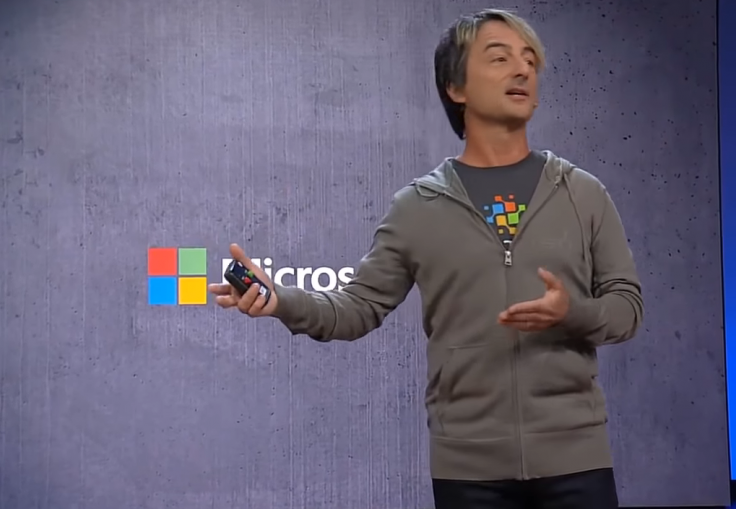
The Microsoft Andromeda smartphone OS project has been confirmed to be only delayed and not canceled as many initially though. However, the project is starting to lose its momentum as other developers are already making their own OS for the new smartphone releases. Here's what we know about Microsoft Andromeda so far.
According to mspoweruser, Microsoft has focused their efforts on completing the Lite OS, which will be the operating system for the dual screen PC Centaurus and Pegasus laptops that could rival the Chromebooks. The article's source said that the Andromeda project was halted for this reason, but not canceled. However, the company is on a standstill on the Andromeda project.
While Microsoft is still mulling over Andromeda, their extended development time may cost them their success once they do release the OS in the market. Other smartphone developers already have their own dual-screen smartphones and other fresh devices ready for release soon and may not need Microsoft's help with their Andromeda OS.
Potentially, Andromeda's late release could be similar to Microsoft's attempt to become one of the major smartphone OS providers like Google and Apple. While the Windows phone offered something fresh to the market, not many users adopted Microsoft's phones, not only because their devices were costly, but the devices themselves were also a new experience that people had to get used to in order to use them properly. As of last month, Microsoft has confirmed that it will only continue support for the Windows phones until December. It also advised users to switch to Android and Apple phones and offered help for these users when it comes to transferring their files.
If Microsoft doesn't act soon, the company may also miss the upcoming generation of new smartphone and tablet devices that were introduced at CES 2019. Most of the unveiled devices had an OS that allowed foldable smartphones and tablets to adjust their display as the user flexed and bent its sides for their comfort.
For now, we'll have to wait for Microsoft's next move for the Andromeda project.
This article was first published in IBTimes US. Permission required for reproduction.









